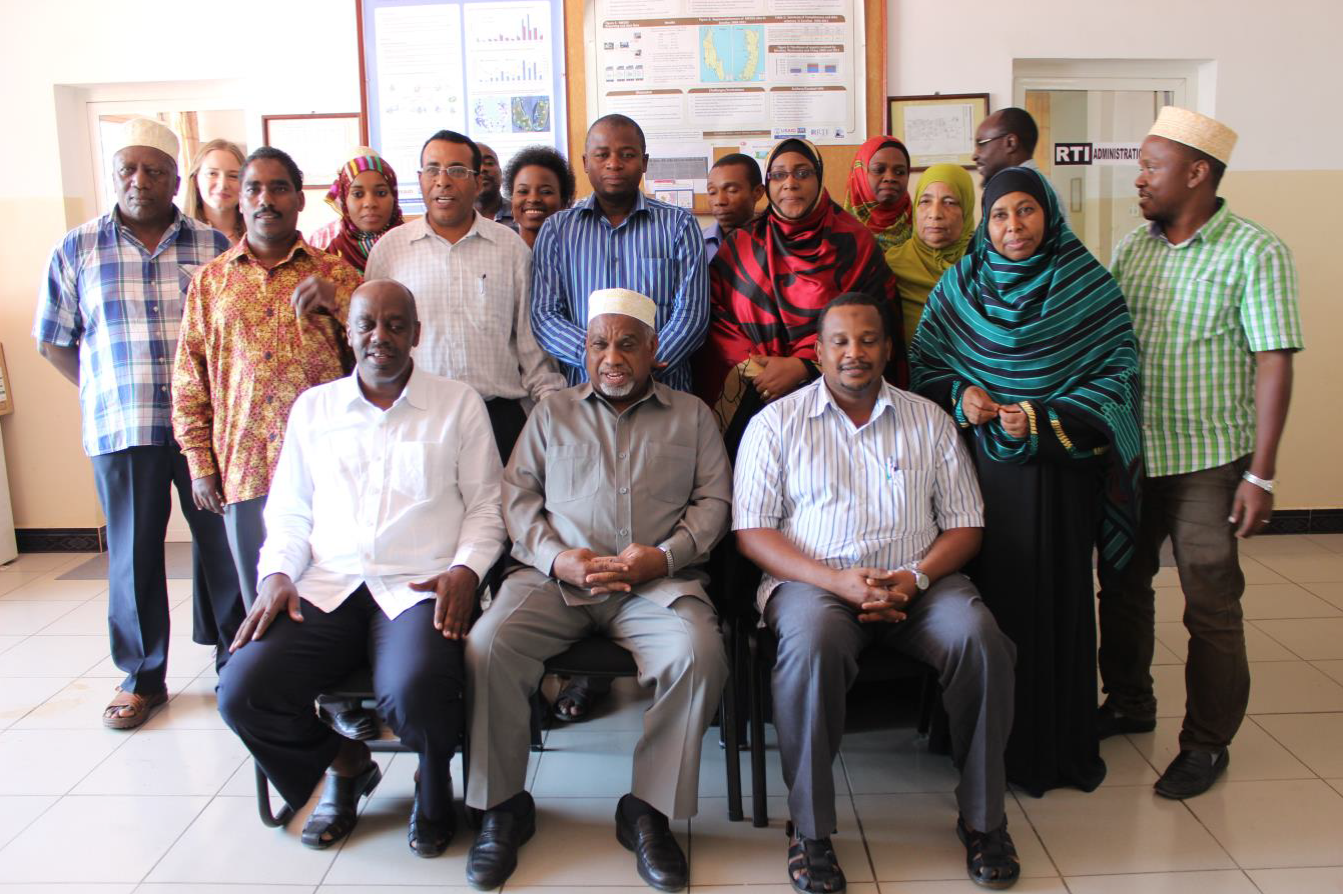Researcher of the Month: Giorgia Gon

Credit: Catriona Towriss
SHARE has funded a series of studies on WASH and maternal and newborn health, taking place in Zanzibar, and in Southeast Asia. Recently, a paper has been published on this work in maternity units in Zanzibar. Our Researcher of the Month for August is Giorgia Gon, first author of the paper and Research Fellow at LSHTM, who discussed her work on this project.
Can you tell us about your work with the Soapbox collaborative?
I’ve been working with the Soapbox Collaborative since January 2014. Soapbox focuses on research and implementation for ensuring clean births in hospitals, and my role as a researcher has varied according to projects.
What did your most recent study focus on?
Our study was a needs assessment of WASH and IPC in 37 maternity units in Zanzibar. We used a mixed methods approach, which included microbiology, quantitative and qualitative data collection. To analyse the data, we combined two sets of WHO guidelines: the six ‘cleans’ framework, which details what practices are necessary to ensure a clean birth, in addition to guidelines on determinants of infection prevention practices. We looked at determinants of the clean practices – clean hands, cord cutting and birth surface – and explored enabling factors around these, from knowledge and infrastructure to staffing levels and policies.
How did the Zanzibar project come about with WaterAid?
The Zanzibar Ministry of Health (MoH) approached WaterAid about the project, but at that time WaterAid was just starting working in healthcare facilities. Hence, WaterAid then approached Soapbox and we became a partner for the project.
WaterAid and Soapbox were able to offer each other complementary skills – we hadn't done much on water or toilet infrastructure previously, so it was a very useful collaboration. We were able to learn from each other, and this led to further collaborations working in Malawi and Myanmar.
What did you feel was the most interesting finding from the study?
The lack of training for non-medical staff, particularly cleaners, was an interesting finding. Generally, cleaners in healthcare facilities in Zanzibar have a low status, are overburdened, and poorly supported or trained. In light of this, Soapbox is reviewing our approach to place more emphasis on training cleaners.
How has the Ministry of Health used or incorporated your findings?
We engaged key stakeholders in a participatory workshop, which enabled us to translate the study’s findings into action. The MoH took on board our findings and recommendations regarding the lack of training for cleaners, and piloted a training curriculum on waste management, cleaning techniques and cleaning and maintaining equipment. The MoH also committed to ensuring that there was at least one functional sink available in each maternity unit, which they accomplished in collaboration with WaterAid.
While our study surveyed 37 maternity units, seven received a more in-depth review, and individual level feedback was provided to each facility to ensure they could work on local improvements.
Are the findings of this study applicable elsewhere?
Our findings highlighted there were substantial gaps in IPC in Zanzibar. While this is context-specific, other low-resource settings may have similar issues, and these should be investigated. Our unique approach – combining two WHO frameworks in a mixed methods study – may also be applicable to other settings.
What would be your key message to researchers or students interested in the field of hygiene in maternity units?
Not many people are working in this field – there’s definitely potential and scope for new researchers and implementers! Our research questions focus on implementation, questioning how we can change behaviour, and how this behaviour change will affect health outcomes. The WHO IPC group have published several guidelines and reviews that suggest multi-model approaches addressing behavioural determinants are needed to ensure practices improve. We need to understand why people aren’t doing the target behaviours, what the contextual barriers are, and ensure we adopt behaviour change techniques to leverage modification.
